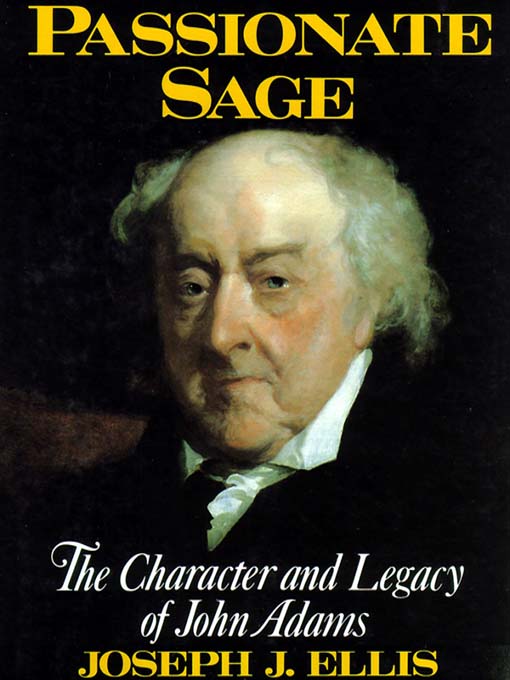Here is a fresh look at an astute, likably quirky statesman, by the author of the Pulitzer Prize–winning Founding Brothers and the National Book Award–winning American Sphinx.
John Adams, one of the Founding Fathers of our nation and its second president, spent nearly the last third of his life in retirement, grappling with contradictory views of his place in history and fearing his reputation would not fare well in the generations after his death. And indeed, future generations did slight him, elevating Jefferson and Madison to lofty heights while Adams remained way back in the second tier. Now, in a witty, clear, and thoughtful narrative of Adams' later life at his home in Quincy, Joseph Ellis explores the mind and personality of the man, as well as the earlier events that shaped his thinking. Listeners will discover Adams to be both contentious and lovable, generous and petty, and perhaps the most intellectually profound of the revolutionary generation, whose perspective on America's prospects has relevance for us today.

